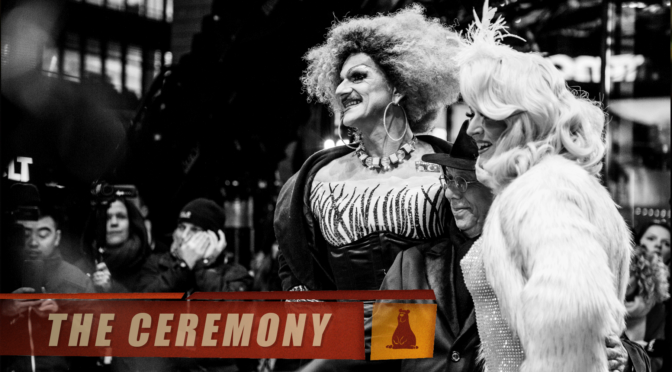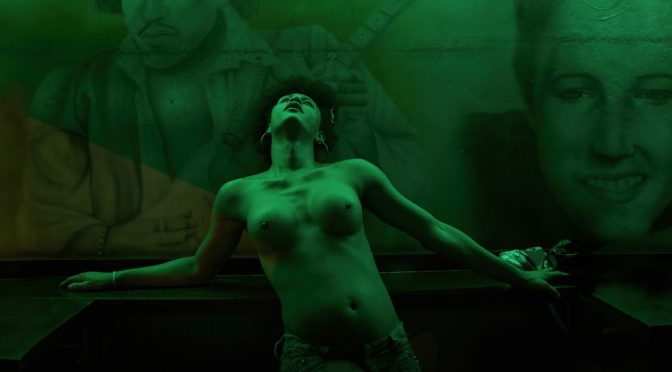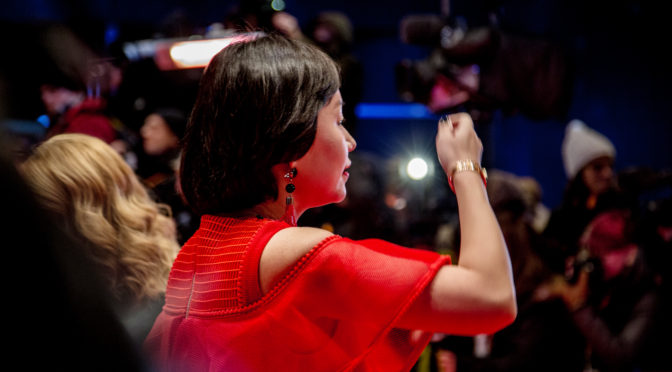It’s the day you’ve all been waiting for – THE TEDDY AWARD CEREMONY IS HERE!!!! As a warm-up to tonight’s proceedings, why not catchup on some of the lovely selection of films listed below, before glittering-up and joining us for a night of celebrations at the Haus der Berliner Festspiele.
See you on the dance floor!
Don’t Worry, He Won’t Get Far on Foot
Director: Gus Van Sant
USA 2018 113′, English
Zoo Palast 1, 12:30

Evidentiary Bodies
Director: Barbara Hammer
USA 2018, 10′, Without dialogue
Akademie der Künste, 18:00
Garbage
Director: Q
India 2018 105′, Hindi
Cubix7, 20:15

Hojoom (Invasion)
Director: Shahram Mokri
Iran 2017 102′, Farsi
Cubix 7, 22:30

Ludwig der Zweite, König von Bayern (Ludwig II of Bavaria)
Director: Wilhelm Dieterle
Germany 1930, 132′, German intertitles
Zeughauskino, 21:30

Obscuro Barroco
Director: Evangelia Kranioti
France/Greece 2018 60′, Portuguese
Zoo Palast 2, 16:00

Para Aduma (Red Cow)
Director: Tsivia Barkai Yacov
Israel 2018 90′, Hebrew
CinemaxX 3. 13:30

Shakedown
Director: Leilah Weinraub
USA 2018 82′, English
CineStar 7, 14:30

T.R.A.P
Director: Manque La Banca
Argentina 2018 16′, Spanish
CinemaxX 3, 21:30

Touch Me Not
Romania/Germany/Czech Republic/Bulgaria/
France 2018
Director: Adina Pintilie 125′, English, German
Friedrichstadt-Palast, 12:00
Tuzdan kaide (The Pillar of Salt)
Director: Burak Çevik
Turkey 2018 70′, Turkish
CinemaxX 4, 22:00


